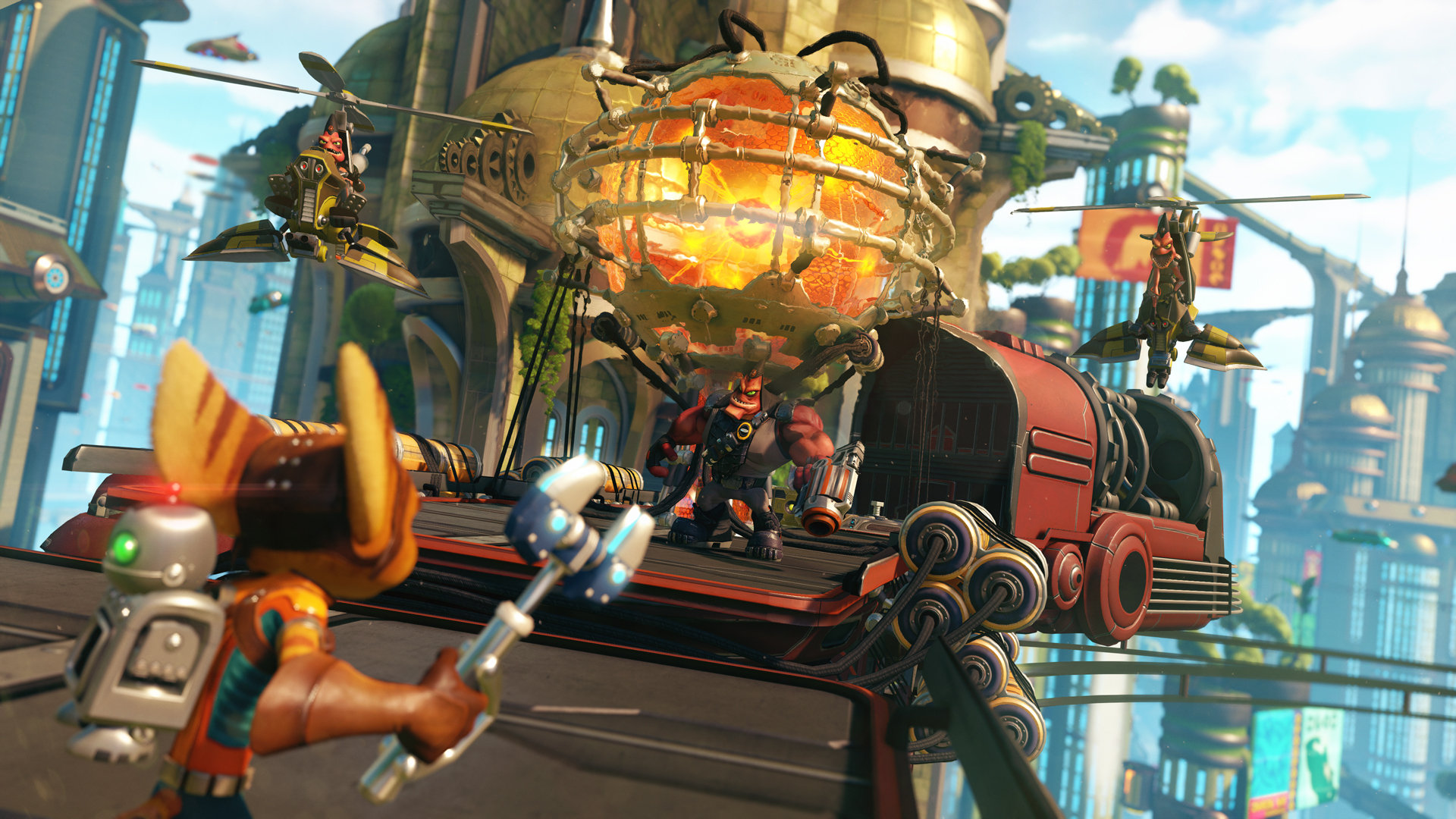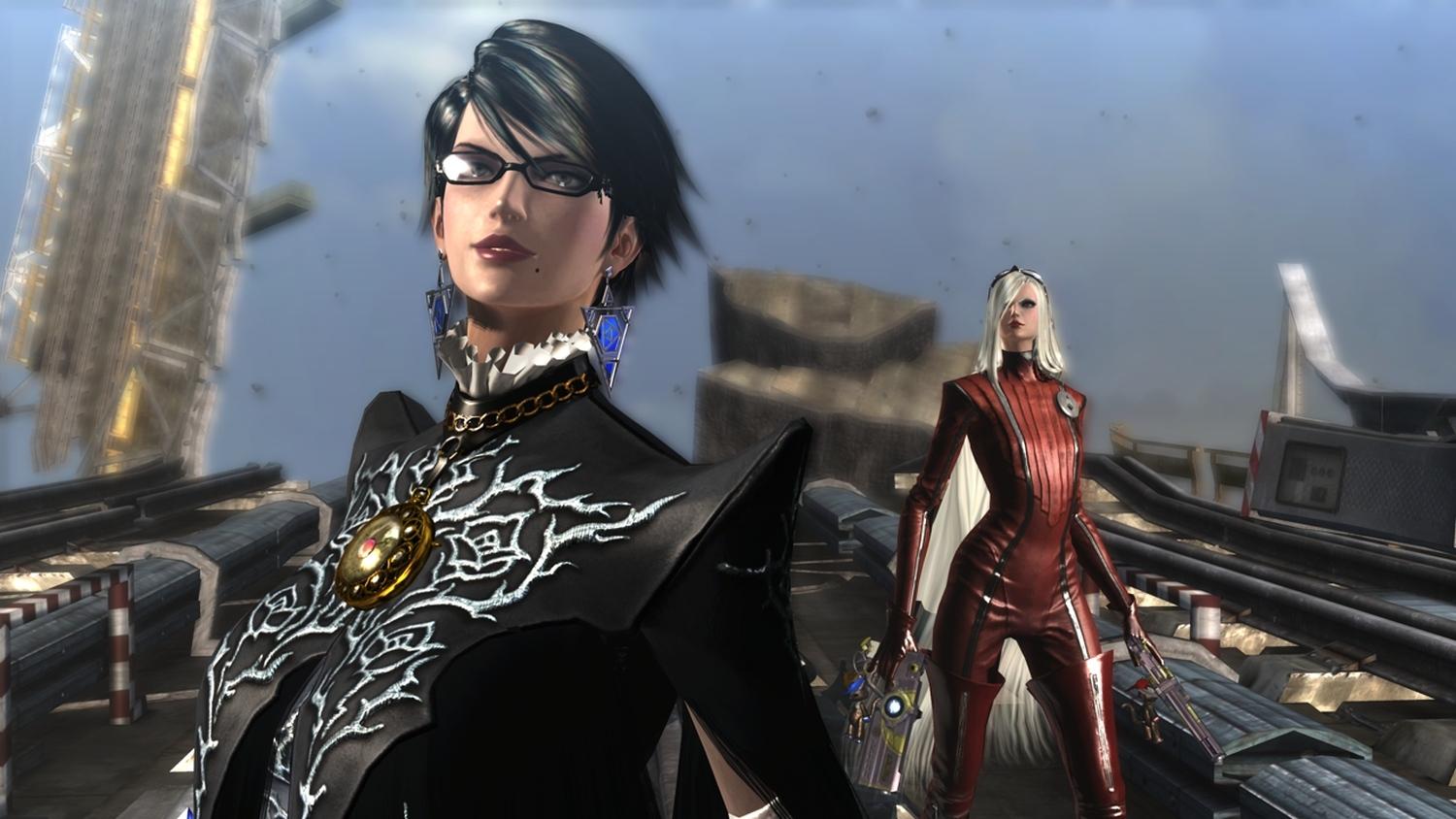| Naughty Dog's The Last of Us |
I have said in the past, 2013's The Last of Us is one of my favorite video games of all time. The story, characters, gameplay, aesthetics, and essentially everything else-- it's simply wonderful. I was thrilled for what this wonderful game could do for the industry as a whole. Developers could learn from Naughty Dog's near-perfectly received game, refine future outings in a number of ways. I didn't even consider any potential negative. Now, 3 years on, I am personally feeling a sense of dread for the generation that we are in and what could possibly happen to franchises we all love.
Uncharted 4 released only a couple of months ago, and the game was a thrill. The entire thing was a polished, visual marvel. The story and characters were at their series pinnacle. The visuals were at times photo-realistic. And the gameplay... it wasn't inherently Uncharted. Something felt off, not in a bad way necessarily, it was just not the same as the previous generation's trilogy. I have played through every Uncharted game and The Last of Us multiple times, so it didn't take long for me to recognize the changes and draw the parallels.
Uncharted 4 had a far more deliberate stealth system. Sneaking made your character feel heavy, every step was an individual movement and felt like a precise action. It doesn't feel as though you could just go crazy and try to stealth takedown every enemy in sight as quickly as in the past, and enemies (while still noticeably oblivious, as they have to be for things to remain fun) seem more aware than in the past. To make this long-winded explanation short, it felt like The Last of Us.
Aesthetically, inspirations from TLoU were inevitable, Naughty Dog is at the forefront of photo-realistic console gaming, so its only natural that their games share some visual aspects. Uncharted's writing had better take inspiration, The Last of Us was arguably the pinnacle of writing in video games for last generation, and as long as their is no copying going on, taking cues from it is a great step. But with the gameplay, that is where my concern arose. These two games felt hugely distinct, one allows you to make absurd jumps and shoot madly without a second thought, and the other has no real jumping function and the gunplay is a conservative face off between you and enemies on the same level as you. Uncharted 4 still has a lot of its classic aspects, the jumps you make are far from reasonable, and its still possible to go absolutely nuts with hip-fire and throw all caution to the wind in gun fights, but select sequences absolutely feel built for stealth and low-speed.
I don't think that Uncharted was spoiled by some of these changes, I think it made the experience feel a bit more fresh actually. It wasn't until E3 2016 that the resounding impact of The Last of Us began to scare me. I love the current state of our industry, games are rarely just gray and brown first person shooters that feel the same as all the rest, there are colorful games, there are games that try to break convention, there are weird games that people are really paying attention to. There is also God of War.
| The recently announced PS4 revival, God of War |
God of War has been a PlayStation staple since its 2005 debut. It was a high speed, blood stained action game. The series cemented itself as a completely unrealistic romp, killing gods from Greek Mythology without a second thought. The game was, as previously mentioned, not realistic. The way Kratos moved, the flow of the actions, it wasn't grounded in any sort of reality, but it was satisfying and fun. The high up camera makes your quick maneuvers through large environments and around huge enemies feel controlled and keeps you aware. That was the case for all of the past entries.
The God of War revealed at this recent E3 was not that, the camera was moved to behind Kratos, and he moved much slower, with a much more realistic walking/running speed. Attacks appear to be aimed, slow, and limited. No longer can you just aim Kratos in an enemy's general direction and go nuts with a barrage of attacks. There is even a slow aiming segment in the gameplay reveal, something that feels far from at home when directly compared to the predecessors.
Visually speaking, the game is approaching photo-realism, with a few absurd monsters spread throughout to keep things true to the series' roots. The general aesthetic, the snowy environment, and the aiming of a bow at a deer-- I find it impossible to miss the strong ties to The Last of Us. I don't think that this new God of War looks bad, I just do not think it looks anything like a typical God of War game does, and in my opinion, it should look like the classic game.
This issue, if it even is one, is not particularly pressing. I don't think that one game feeling unfittingly similar to The Last of Us is a great threat to the industry. If it continues though--if another established series has the same thing happen to it--that is when I think concern is essential. The Last of Us is a major pillar for video game storytelling, it sold amazingly well for a new IP, and very few games should feel like it. Some of its aesthetics will inevitably become commonplace, its simply the consequence of photo-realistic gaming, but a series that was nothing like it in the past should never bend to become like the smash hit.
What are your thoughts on this? I am aware that this is not currently a visible threat to gaming, this is more of a cautionary thought regarding what could happen to game series that aren't The Last of Us that we love. Leave your thoughts in the comment section or wherever you see fit.
Have a tremendous day.









